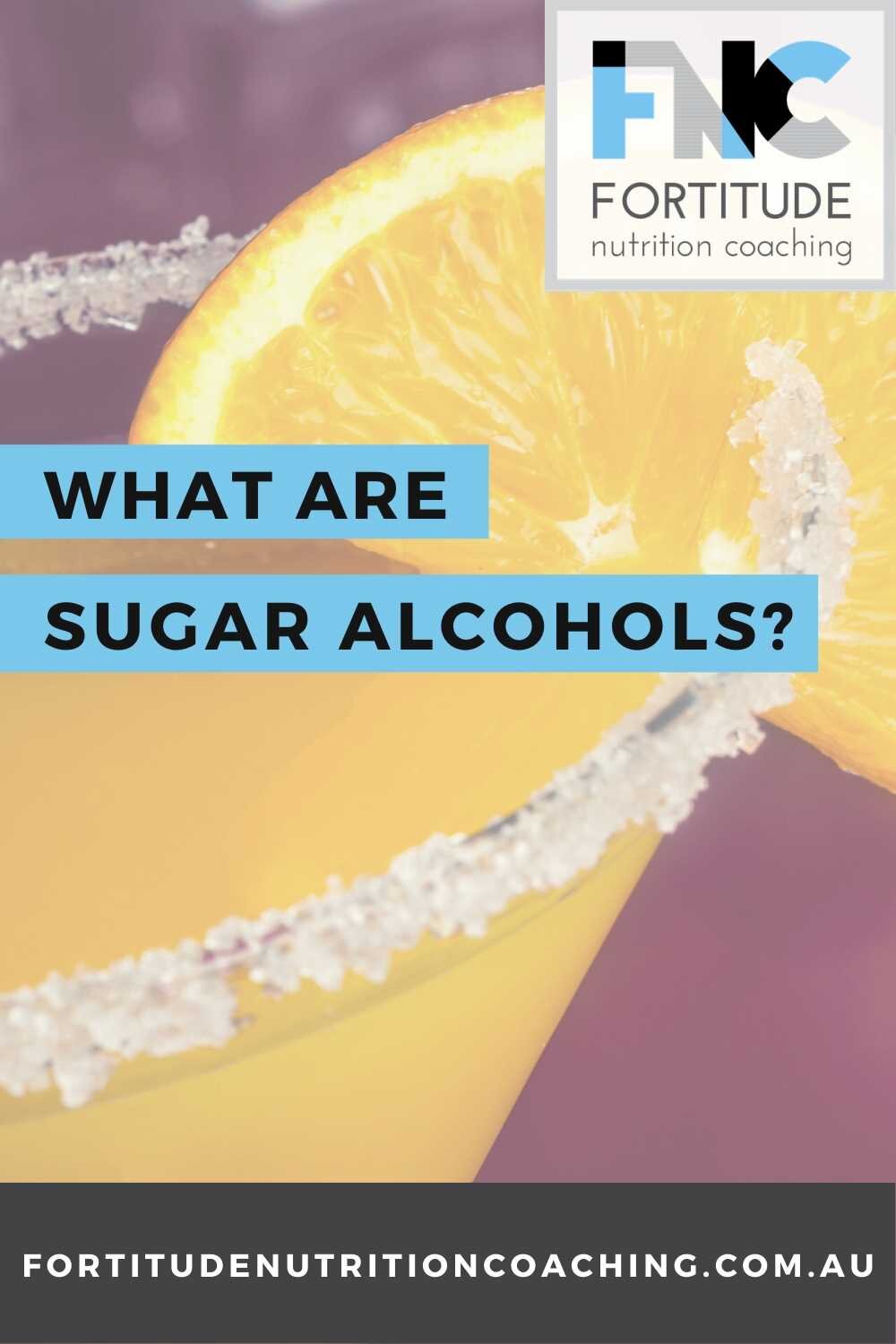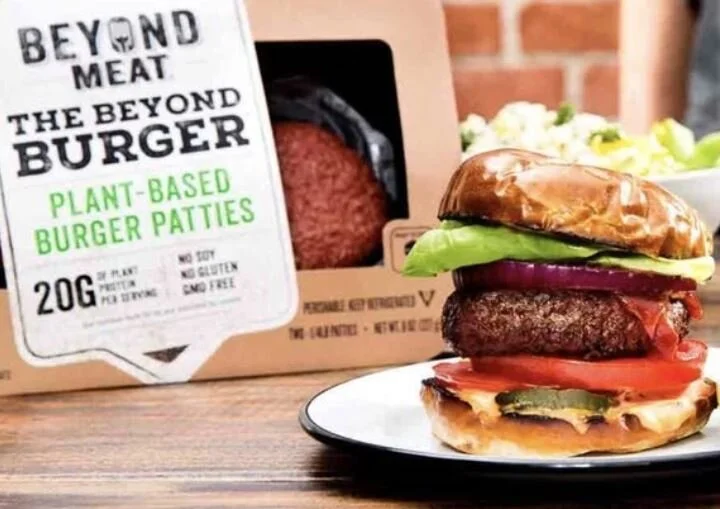Is Soy Good or Bad?
Is soy good or bad?
Good! *
* We should first consider that looking at one particular food or ingredient in isolation is not generally a realistic way to look at nutrition. Our health consists of so many individual lifestyle factors and we eat a variety of foods which are all just pieces of a jigsaw put together.
That being said, scientific evidence overwhelmingly indicates that soy is good.
Soy has been part of the human diet for over 10 000 years and was introduced to western countries within the last 300 years (1). It is a complete protein source, meaning it contains all essential amino acids and is a great choice for anyone looking to diversify their protein intake.
In the last 20 years, soy consumption has really ramped up and so has research investigating if it’s safe for us to eat and drink soy products (2). When we say it’s well researched, we mean it - there are more than 2000 published papers on soy!
“Just give us the dot points!” Yeah we hear you. Trying to read through all that research is tedious so let’s make it simple.
Soy consumption is associated with:
a reduced risk of cardiovascular disease, stroke and coronary heart disease (3)
slightly lower cholesterol (4)
reduced blood pressure in people who have high blood pressure (5)
reduced risk of prostate cancer in “at-risk” men (6)
reduced risk of breast cancer in Asian women (7)
This study indicated a possible association of reduced risk in women from western countries however the data was not strong enough to conclude that an association does exist. Instead the study concluded that there is no association either way between breast cancer risk and soy consumption in women from western countries.
reduced hot flashes in menopausal women (8)
Why do people say that soy is bad?
Soy contains something called “isoflavones”. Soy is pretty much the only food we eat with isoflavones, however they are also found in red clover. This is where the first “soy is bad” messaging actually started from, red clover.
In the 1940s in Western Australia, farmers had breeding issues with their sheep that were eating clover and in the 1980s, cheetahs in zoos had fertility issues after eating soy. Isoflavones was the common factor between the two stories and the reputation of isoflavones was temporarily ruined. (9).
Isoflavones look very similar to estrogen. In animals, they were found to have estrogen-like effects (so they are classed as phytoestrogens) and decrease fertility (10).
Breast cancer is linked to estrogen levels and in early research it was unclear if isoflavones had a meaningful impact on human estrogen levels but it was certainly a concern (7).
That was 3 strikes against isoflavones and soy.
Then there were a couple of reports in humans of adverse health issues which may have been linked to soy.
A 60 year old man developed man-boobs, erectile problems and decreased libido. When tested, his estrogen levels were very high. He reported drinking 3 litres of soy milk daily. After giving up his indulgent soy milk habit, his symptoms slowly deteriorated. (11)
A 19 year old man suffered sudden erectile dysfunction and loss of libido after switching to a vegan-diet which was extremely high in soy. He was eating about 360mg of isoflavones per day from soy. (In Asia, where soy is 100-150% more popular than western countries, intakes are typically up to 100mg of isoflavones per day.) After he stopped the vegan diet, he regained full sexual function within a year. (12)
Now if you want to stop men doing something, telling them that it will cause man-boobs and erectile dysfunction is a pretty good way of doing it. We note that the studies on these cases could not directly conclude that soy was the sole cause of the symptoms and also keep in mind that those symptoms, which may have been impacted by their extreme soy intakes, were not permanent and both men recovered.
However, now we can say that there have been more than 15 trials which have directly tested whether soy and isoflavones, in varying quantities, impact testosterone and fertility. When consumed in “reasonable quantities” (see below), soy does not impact testosterone, fertility, the growth of man-boobs or have other feminising effects. (13)(14)(15).
We can also say that research indicates that despite some animals having estrogen levels impacted by consuming isoflavones, humans don’t seem to digest soy in the same way. And in terms of breast cancer risk, as mentioned at the start, research indicates that it either reduces the risk of breast cancer or has no impact at all (7).
What about anti-nutrients?
The term anti-nutrient is used with isoflavones plus a few other compounds found in soybeans. Anti-nutrients can reduce how much protein, vitamins and minerals we absorb from foods, however cooking and preparation methods of soybeans greatly reduce the anti-nutrient levels of soy products and allow us to absorb more of the goodness.
Examine.com have done a great graphic of how preparation reduces anti-nutrients:
What is a reasonable amount of soy to eat?
There are no recommendations in relation to soy quantities in Australia. The Australian Dietary Guidelines encourages the consumption of 2.5 serves dairy per day, or a calcium fortified soy milk in place. As well as 2.5 - 3 serves of lean meat, fish or tofu.
With no consideration for food variety (which you should consider) it could be interpreted that the Australian Dietary Guidelines support up to 5.5 serves of soy products per day (16). The Guidelines are dependent on gender and age and these figures are for adult males. Adult females would be 2.5 serves of soy milk and 2.5 serves of tofu.
A 2016 review on soy suggests that 2 - 4 servings of soy per day is associated with the benefits of soy. (17)
So take from that what you wish, however we’d be comfortable with up to 5 servings of soy per day based on what we’ve read during the research for this blog. In reality though, we would always aim for a varied diet and 5 serves any particular food source each day might mean that you are neglecting variety.
Are tofu and quorn the same thing?
No - they are different. Quorn is a meat-free protein source, called mycoprotein, that is made from a fungus (think - mushroom). This is a relevant question when looking at soy because those following a vegan diet have reduced options when it comes to protein. Just note that not all Quorn products are vegan, some use egg whites, so check the label.
If you are a vegan and your protein sources are limited, by all means enjoy plenty of soy in different forms - soy milk, tofu, tempe, textured vegetable protein - but also mix it up with other protein sources such as Quorn, beans, lentils, nutritional yeast and if looking at a protein powder, you could add variety by choosing a non-soy option like pea or rice.
Soy is healthy in the context of a well balanced diet
The research is now overwhelmingly in support of soy consumption. But good news travels slowly and bad news lingers. Fair enough too! When a food isn’t well researched and there are indications that it might be risky, who wouldn’t be cautious. However with more research and more direct research in humans, the fear mongering about soy is no longer justified.
Keep in mind that nutrition is nuanced, it’s not a case of whether soy is good or bad. Soy seems to be a completely safe, legitimate source of protein and nutrients. Scientific claims are not that soy is a cure for disease but that for some diseases, including soy in the context of an overall balanced approach to nutrition and healthy lifestyle, is likely to be a positive.
No matter what your approach to nutrition is, you can certainly get joy from some soy.
1 on 1 Nutrition Coaching with Fortitude Nutrition Coaching
We can help you no matter what your approach to nutrition, vegetarian, vegan, meat-eater trying to mix it up with some soy. We understand and respect different lifestyles, ethics and choices.
Is this what you need? An understanding and supportive human to talk to, help with advice and guidance. An objective set of eyes to see what you could improve to move towards your goal in the easiest possible way.
We work with real people and get real results. Sign up for 1 on 1 Nutrition Coaching today and get the support, guidance and accountability of a coach.













Are body fat scans accurate? Are body fat scans worth doing? Have you ever had a body fat scan and it has changed how you feel about yourself or your progress? In this blog, we explain why they might not be the best way for you to measure progress due to their inaccuracies.